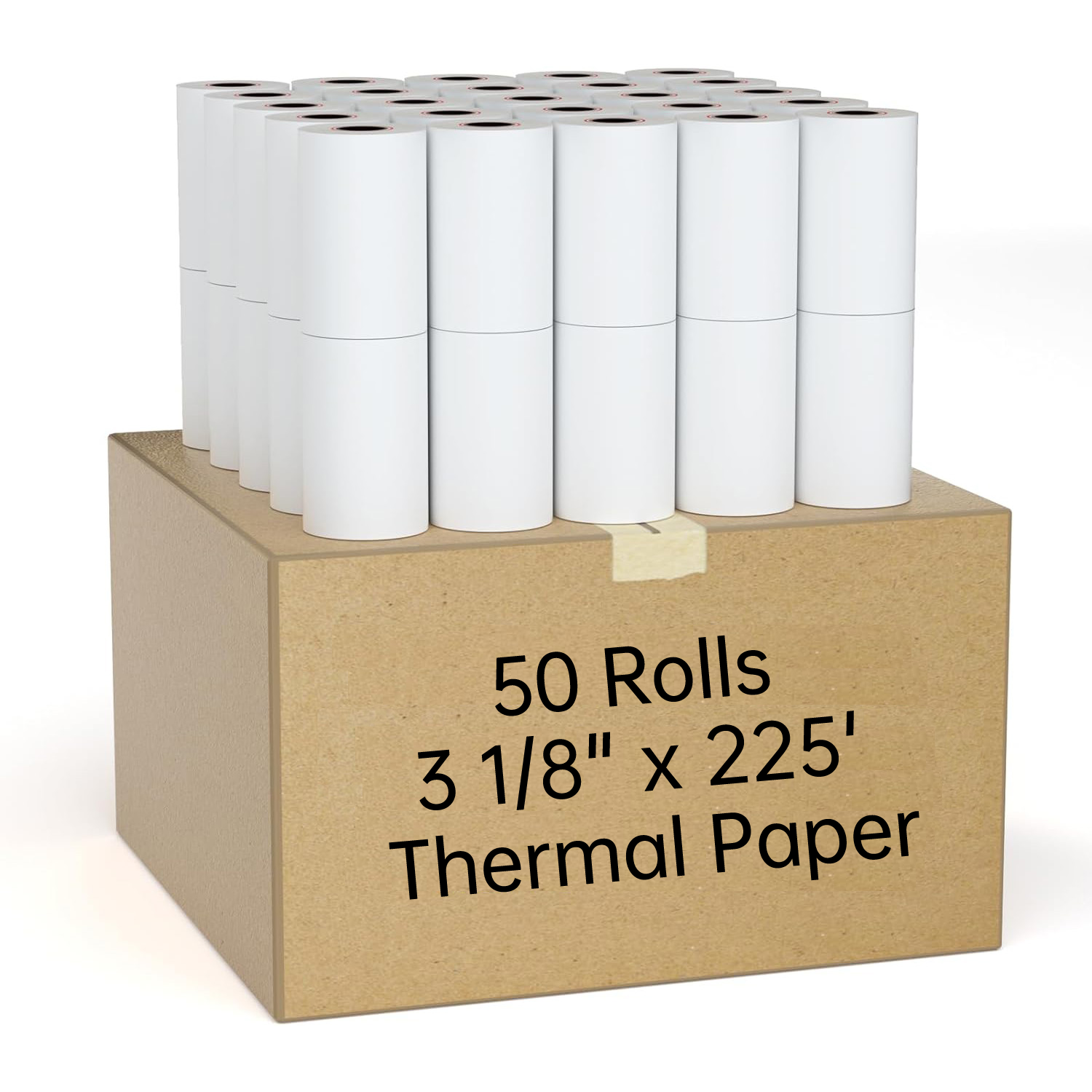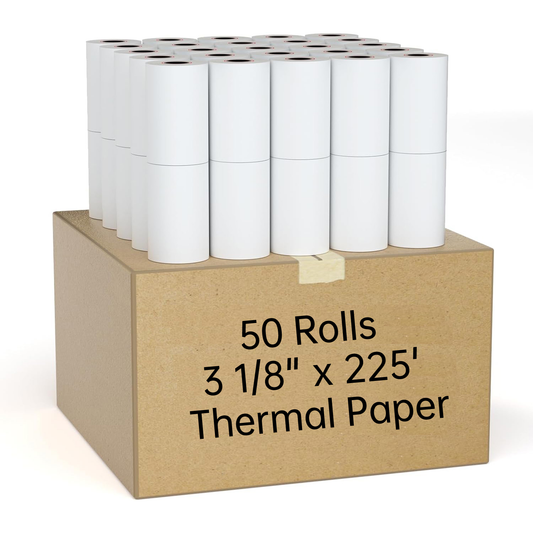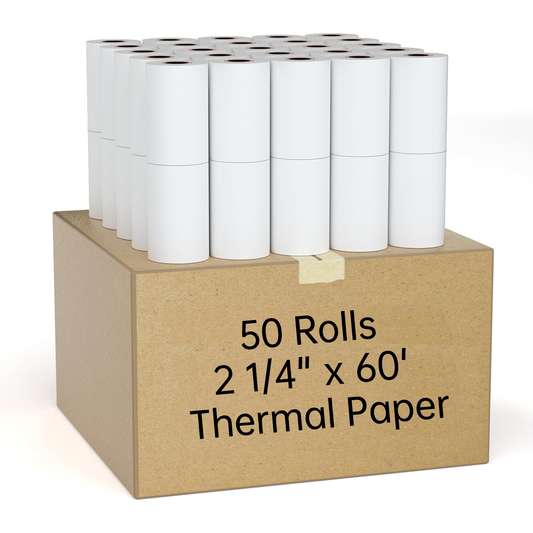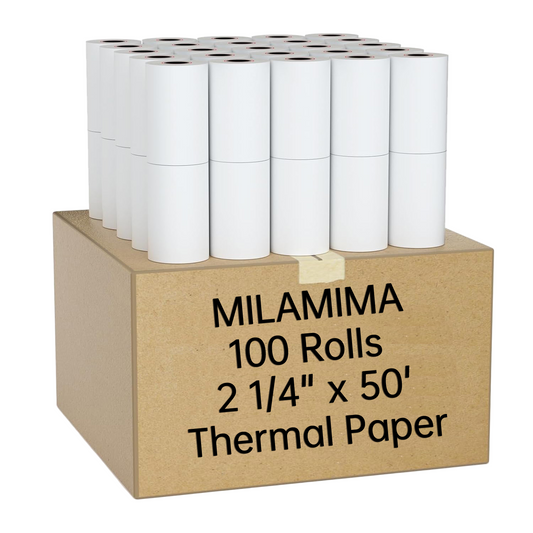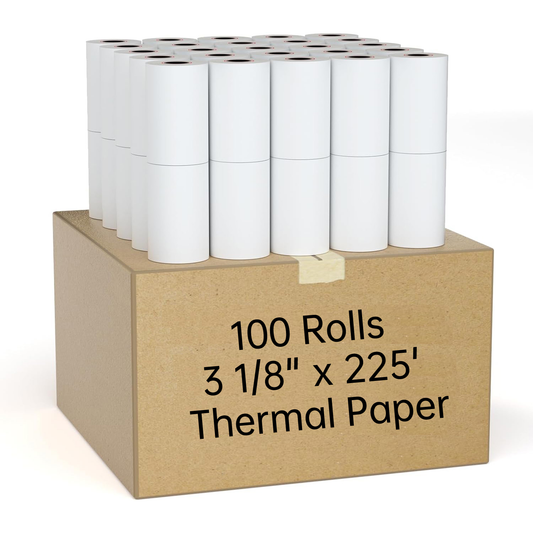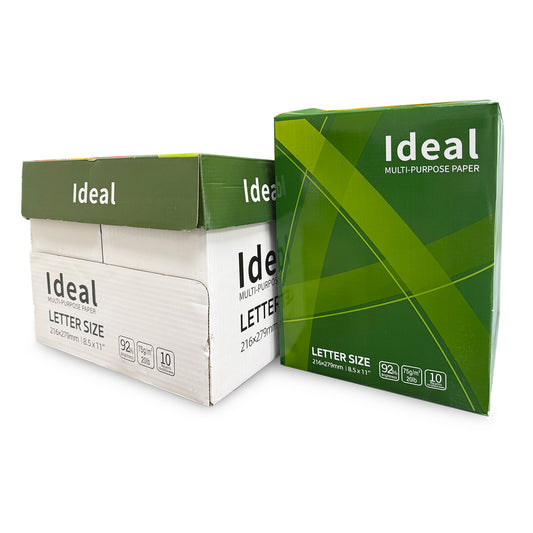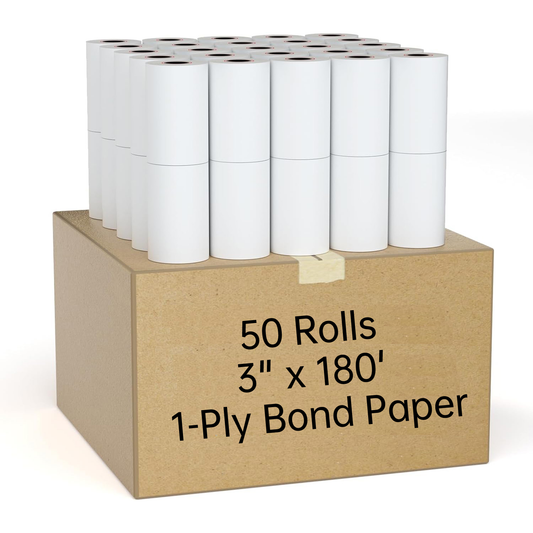Why is Thermal Paper So Expensive?
In the world of retail and business transactions, the unassuming receipt paper plays a crucial role in documenting purchases and ensuring record-keeping. Among the various types available, thermal receipt paper, particularly the 3 1/8" x 230' Thermal Paper Rolls, stands out for its efficiency and reliability. However, a common query that arises among consumers and business owners alike is the noticeable price tag attached to this seemingly ordinary commodity. What makes thermal paper so expensive?
Advanced Technology and Specialized Materials
The primary reason behind the seemingly inflated cost of thermal paper can be attributed to the technology and materials used in its production. Unlike traditional paper, thermal paper employs a distinct chemical coating that reacts to heat, producing the required text or image without the need for ink. This specialized coating, usually comprising a combination of dyes, developers, and sensitizers, significantly contributes to higher production expenses.
Sophisticated Manufacturing Processes
The process involved in manufacturing thermal paper, especially the precise application of these chemicals onto the paper base, requires advanced machinery and expertise. The production equipment must maintain precise temperature control and coating consistency to ensure the quality and functionality of the final product. Such sophisticated manufacturing processes inherently add to the overall production costs, inevitably influencing the price per roll of thermal paper.
Costly Raw Materials
Moreover, the raw materials used in thermal paper production are often more expensive compared to those used in conventional paper manufacturing. The specialized chemicals and paper substrate tailored for thermal printing applications undergo rigorous quality checks to meet industry standards, thereby contributing to the elevated pricing structure.
Market Demand and Supply Dynamics
Another significant factor influencing the price of thermal receipt paper is the market demand and supply dynamics. The production of thermal paper is limited to specialized manufacturers equipped with the necessary technology and expertise. Consequently, any fluctuations in demand, availability of raw materials, or disruptions in the manufacturing process can directly impact the pricing of thermal paper.
Environmental Considerations
Furthermore, environmental considerations also play a role in the pricing of thermal paper. As the world becomes increasingly conscious of ecological sustainability, the development and production of environmentally friendly thermal paper alternatives come with their own set of challenges and costs. Manufacturers investing in eco-friendly solutions often incur higher expenses, which inevitably reflect in the retail price of the product.
Despite the relatively higher initial cost, businesses often prefer thermal receipt paper due to its convenience, speed, and accuracy in printing receipts, enhancing operational efficiency. The absence of ink cartridges or ribbons in thermal printers reduces maintenance costs and downtime, providing a compelling reason for its continued use despite the price.
Understanding the complexities behind the production and pricing of thermal paper can help consumers and business owners appreciate its value and the reasons for its higher cost.



